UK ISP Adult Internet Website Blocking Report Finds Limited Take-up
Ofcom has today published a new report that looks at the measures adopted by four of the largest broadband ISPs (BT, Virgin Media, TalkTalk and Sky Broadband) to help parents “protect children from harmful content online” by offering network-level filtering (censorship) systems to block adult sites. But adoption by new subscribers is fairly limited and there have been a number of errors.
The Government currently requires all of the above ISPs to offer network-level filtering technology, which puts the Internet provider in charge of blocking access to adult websites, but only if you agree not to disable it. In other words, new customers are given an “enforced choice” and the feature comes pre-ticked as “Yes” (enabled) unless you opt-out by un-ticking the box.
Uptake
According to the UK telecoms regulator, which in this report claims not to be interested in assessing the effectiveness of the ISPs filtering systems (even though to some degree it does still do this), only 5% of new customers to BT’s service (those who were offered a choice to adopt the filters) decided to keep the network-level filtering solution enabled.
By comparison this uptake figure increases to 8% of new customers for Sky Broadband and 36% for TalkTalk (HomeSafe), while Virgin Media only saw uptake of 4.3% and that’s partly because they were late to the party. Ofcom states that Virgin Media was not able to implement the unavoidable choice for all new customers at launch, and estimated this was thus only offered to about a third (35%) of new customers. As a result 87% of the customers who chose their filtering service did so after activation rather than during.
Meanwhile TalkTalk noted that the uptake of their HomeSafe filter was actually 20% before the “enforced” option was introduced and pushed it up to 36%. TalkTalk has been connected with a lot of publicity around the new filters and this suggests they might have benefitted, at least amongst parents, from that perception.
Mis-categorisation / Filtering Errors
Each ISP also gave related customers a choice of different categories to block or allow, which differed slightly between providers. For example, Virgin Media doesn’t censor ‘dating’ websites but the rest do. Elsewhere BT rather oddly chose to also include a category for ‘sexual education’ websites, which the others didn’t.
However it should be stressed that the sites covered by each category could easily differ. For example, just because TalkTalk doesn’t block ‘sexual education’ sites does not mean to say that some related websites haven’t still been unfairly caught by their filter.
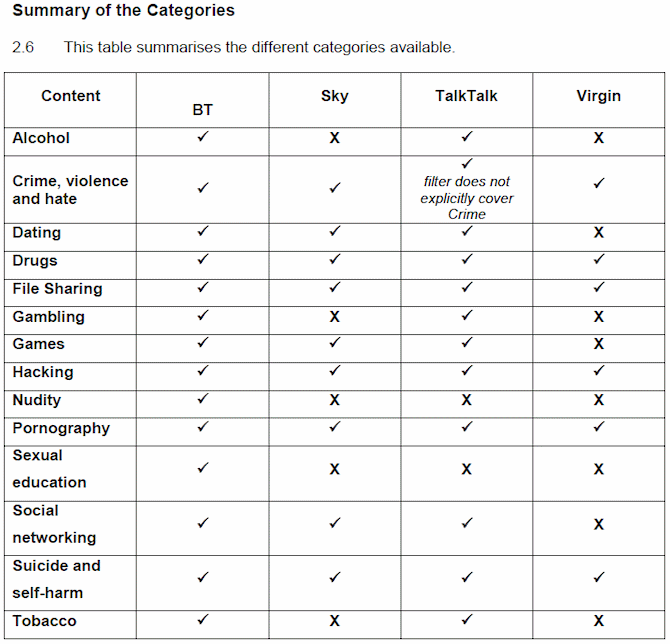
As we’ve noted before, ISPs can sometimes also end up incorrectly categorising sites into their filters when they should be perfectly acceptable (e.g. some ISPs blocked websites that were setup to help victims of sexual abuse and self-harm). Ofcom’s report found that most ISPs claimed to take between 24 and 72 hours to respond to such reports.
Mis-categorisation Statistics from UK ISPs
* BT had received eight requests from content owners, of which six were re-categorised and two were correctly categorised.
* Sky received on average 110 reports a month from customers, of which an average of 27 was mis-categorised.
* TalkTalk said it received on average five reports a month from site owners. Of all reports, both those from customers and site owners combined, TalkTalk indicated that only 5% had been actual cases of mis-categorisation.
* Virgin Media said that between launch of its service at the end of February 2014 to the end of March 2014, it received 23 queries from customers, of which 13 resulted in re-classification.
The regulator noted that “none of the ISPs offered a dedicated route or mechanism to allow site providers to directly check the current categorisation of their site against the ISP’s filter“, although in most cases email requests could be made to each ISP to ascertain if a certain site was being intentionally blocked. Ofcom also felt that any delay in responding to related reports could be “problematic for sites whose access by the public is crucial to their business model“.
Circumvention
The report also recognised that such filters can be circumvented, although it incorrectly states that this can only be done by a “dedicated and technically competent user, supported by a range of advice available online“. Naturally anybody who has seen their pre-teen offspring quickly get around such measures by simply downloading an anonymous web browser or visiting a proxy site might be a little surprised at that statement.
It’s also noted that ISPs have taken steps to address some of these methods, such as by including a list of proxy sites “whose primary purpose is to bypass filters or increase user anonymity” as part of their standard blocking / filtering list. “In some cases, specific adaptations have been introduced to the filtering system to maintain blocks on sites which use encryption (such as Facebook and Twitter) but to which parents wish to restrict access,” said the report. However, Ofcom also recognised that the use of wholly encrypted connections, as is the case when a VPN service is active, would bypass all selective filtering services.
Otherwise the report doesn’t say an awful lot, except to confirm much of what we already known. The ISPs are currently also working towards meeting their commitment to Government, which requires them to contact all their existing customers (i.e. not only new subscribers) and present them with the same “unavoidable choice” by the end of 2014.
Meanwhile Ofcom now intends to examine how parents perceive the new filters and their effectiveness, which will be published in December 2014.
Mark is a professional technology writer, IT consultant and computer engineer from Dorset (England), he also founded ISPreview in 1999 and enjoys analysing the latest telecoms and broadband developments. Find me on X (Twitter), Mastodon, Facebook and Linkedin.
« Phase 2 – 3 Broadband Rollout Areas for East Riding of Yorkshire Named
Low UK Incomes Still Holding Back Home Broadband Adoption »
Latest UK ISP News
- FTTP (5530)
- BT (3518)
- Politics (2542)
- Openreach (2298)
- Business (2266)
- Building Digital UK (2247)
- FTTC (2045)
- Mobile Broadband (1977)
- Statistics (1790)
- 4G (1668)
- Virgin Media (1621)
- Ofcom Regulation (1465)
- Fibre Optic (1396)
- Wireless Internet (1391)
- FTTH (1382)

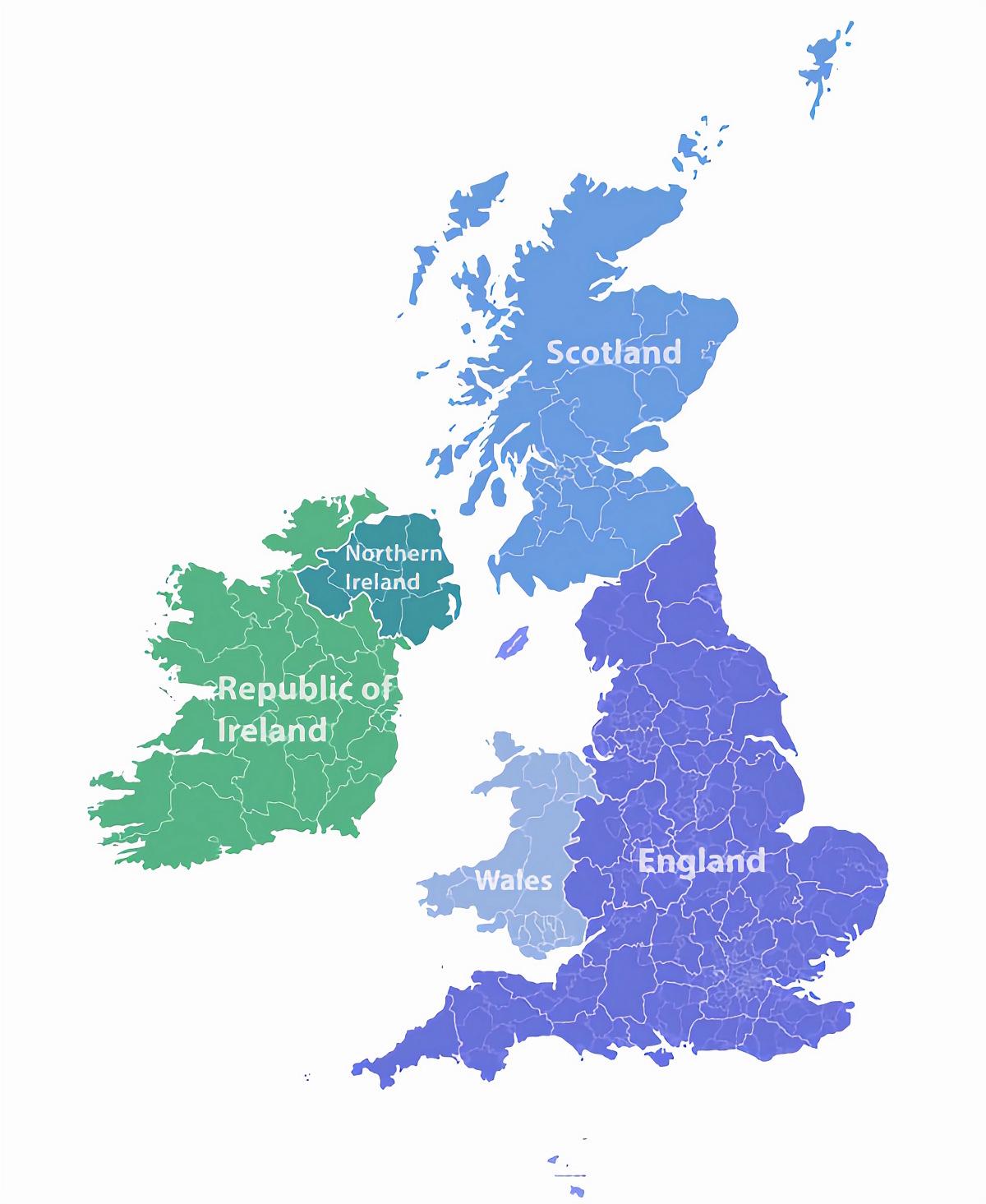
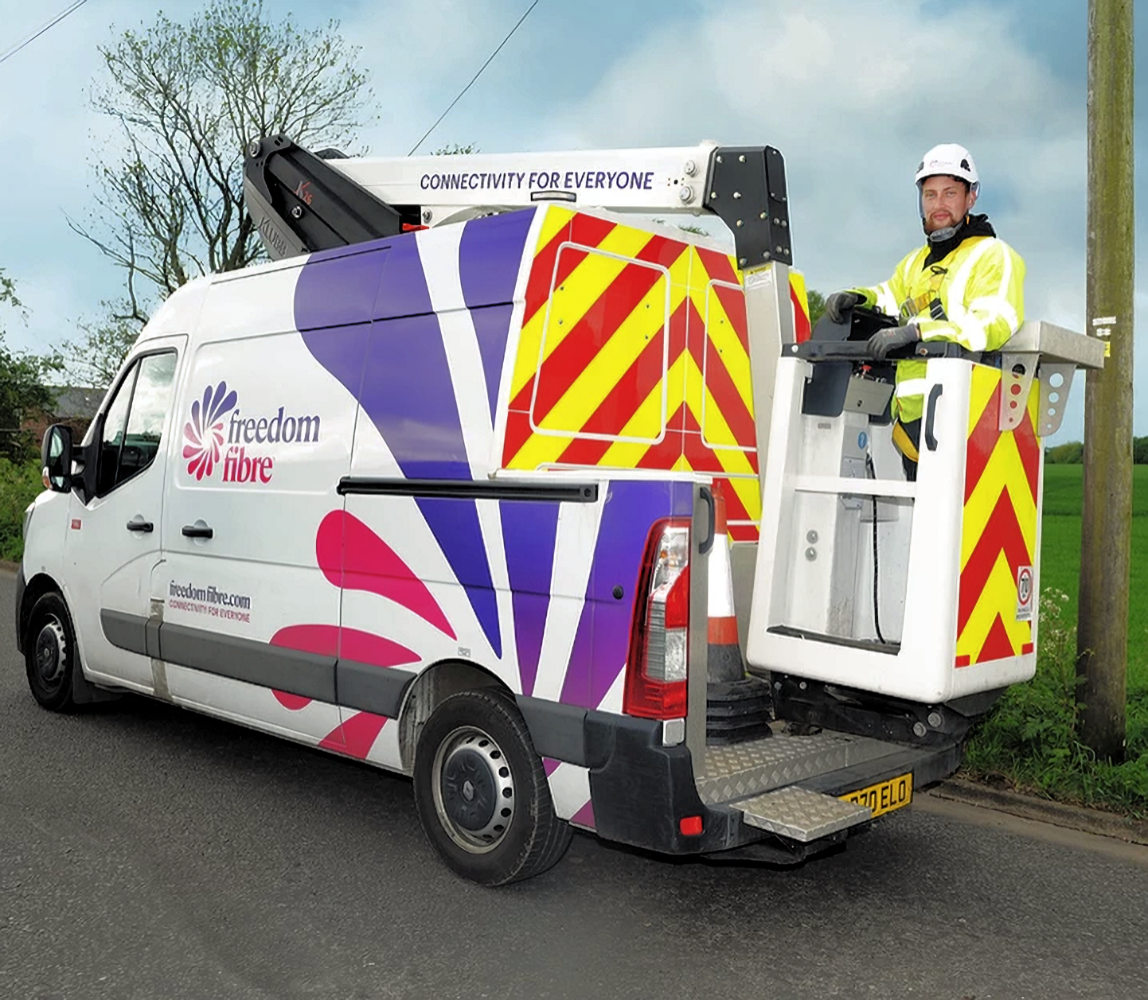

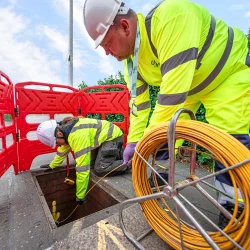












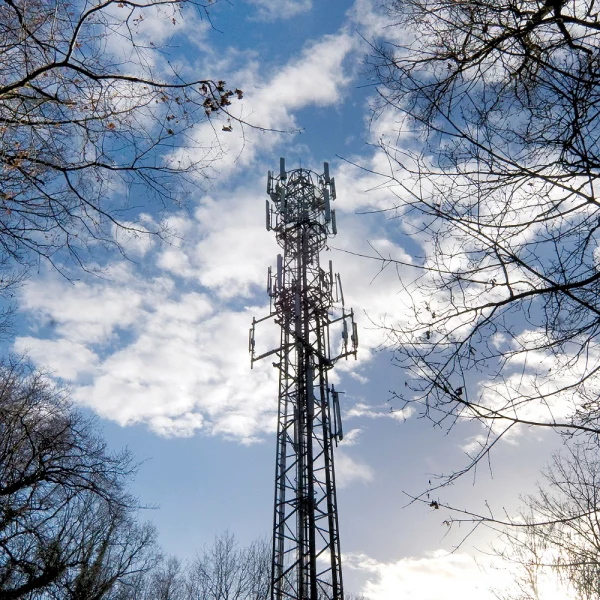
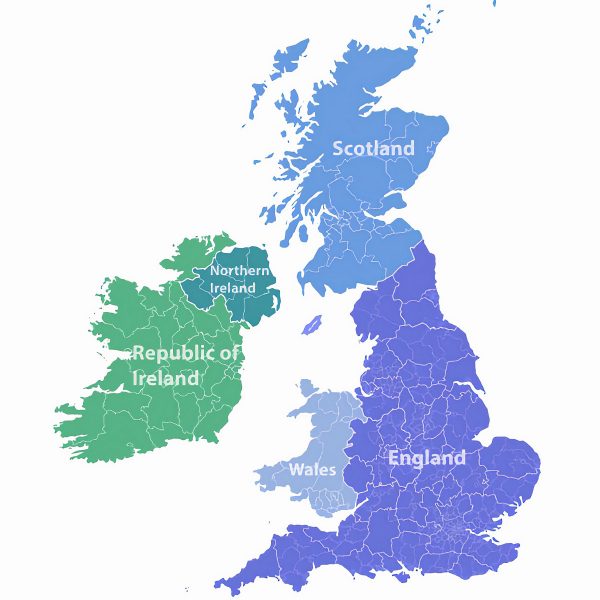
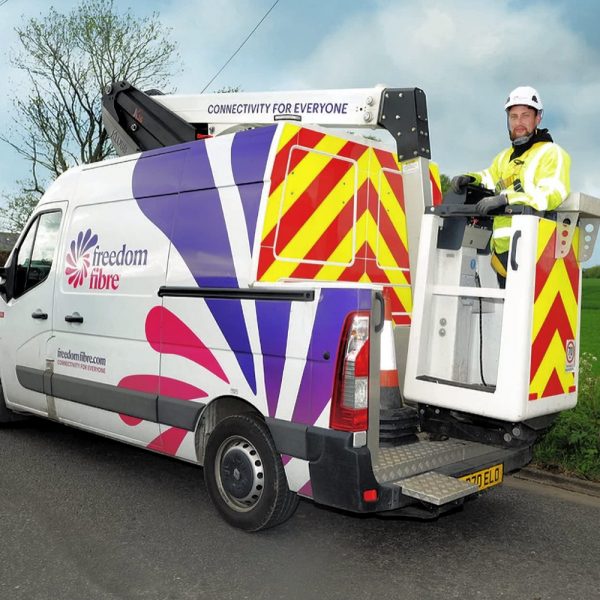




































Comments are closed